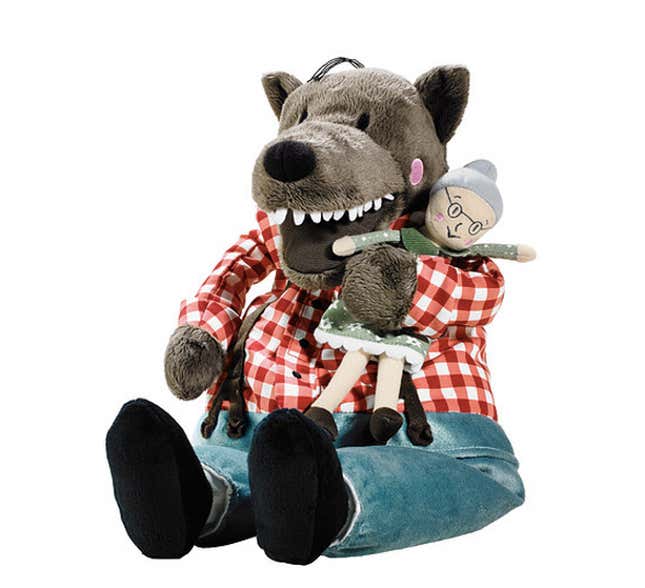
A stuffed toy wolf from Ikea has become an anti-government protest symbol in Hong Kong where it’s sold out at Ikea stores, rankled local toy makers (paywall), and become a general global media sensation with fans from Taiwan (video in Chinese), where stocks are also running low, to Sweden. How does a toy wolf clutching a grandmother become such a potent political symbol?
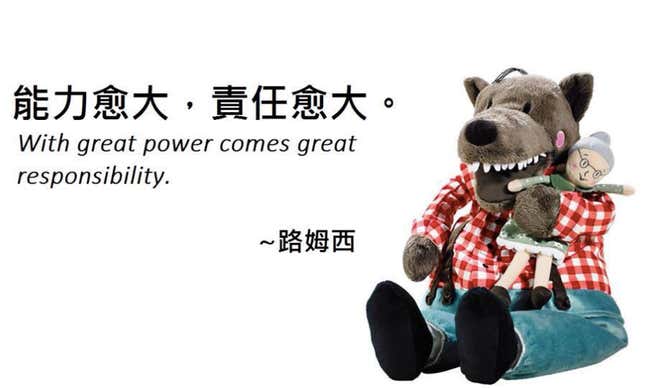
The first reason is pretty straightforward. Hong Kong’s unpopular chief executive CY Leung, who had the toy thrown at him over the weekend, is nicknamed “the wolf” by political opponents who call him ruthless and dishonest. Some Hong Kong residents consider his government illegitimate because he won his seat last year in what was seen as an appointment from Beijing instead of a real election. Leung is also called “689,” a reference to the number of votes he won from electors on Hong Kong’s election committee who are seen as loyal to Beijing.
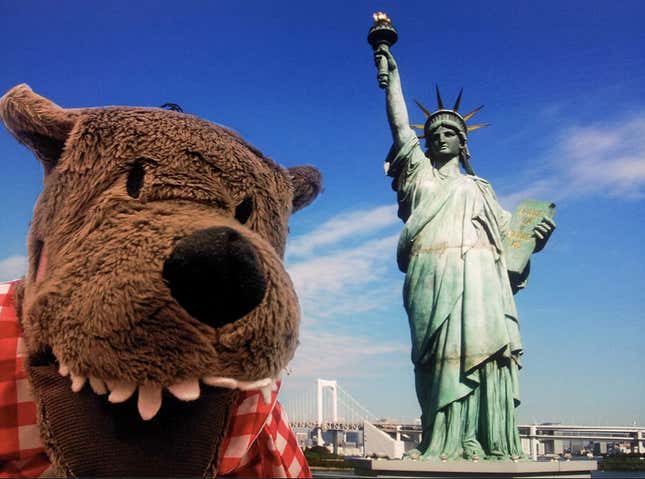
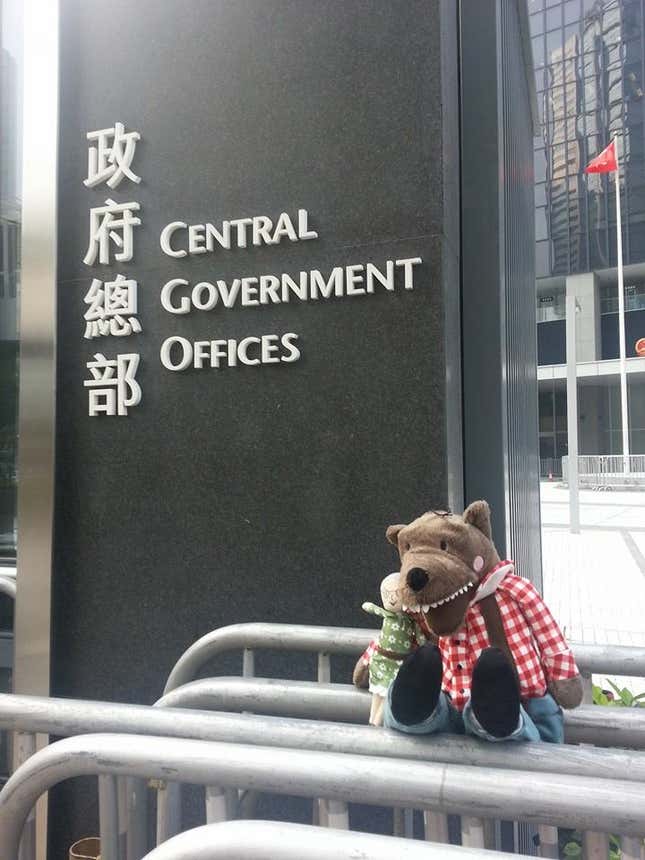
The most important reason for the toy’s popularity is a play on language that makes the toy the perfect way to curse out a hated politician. The toy’s Swedish name ”Lufsig” in Mandarin Chinese is lu mu xi (路姆西), which is a transliteration that doesn’t mean much except for when you pronounce the characters in Cantonese. (The two languages share the same characters.) Then the name sounds rather like lo mo sai, or “Your mother’s ___,” and “throw lo mo sai” sounds like a profane Oedipal command that is common to many languages.
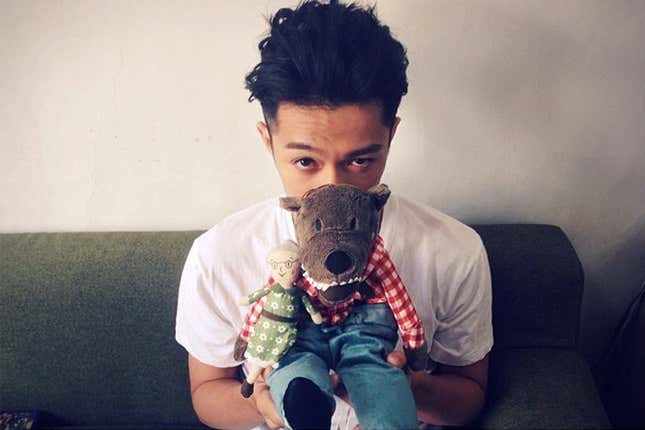
Little Lufsig, thus, highlights one of the biggest grievances Hong Kongers have with Leung and his support from Beijing: the intrusion of mainland China into Hong Kong’s politics and culture, symbolized by the slow creep of Mandarin into the territory. Cantonese, a rich, slangy, fast-changing language, is the most prominent dialect of Chinese in mainland China after Mandarin—and for decades was the language most often heard in Chinatowns around the world.
Ever since Hong Kong, a former British colony, returned to Chinese control in 1997, Beijing has worked on promoting Mandarin via mandatory Mandarin classes in some schools, raising concerns that Beijing is attempting to gradually erase Cantonese. An influx of tourists, students, and business people from the mainland has added to the cultural shift. As of last year, Mandarin replaced English as the second most spoken language in Hong Kong.
That makes Ikea’s toy a triple whammy: A nod to Leung’s derogatory nickname, a profane insult, and a cry of protest against mainland China’s linguistic encroachment. If Ikea’s smart, they’ll restock Lufsig as fast as possible.
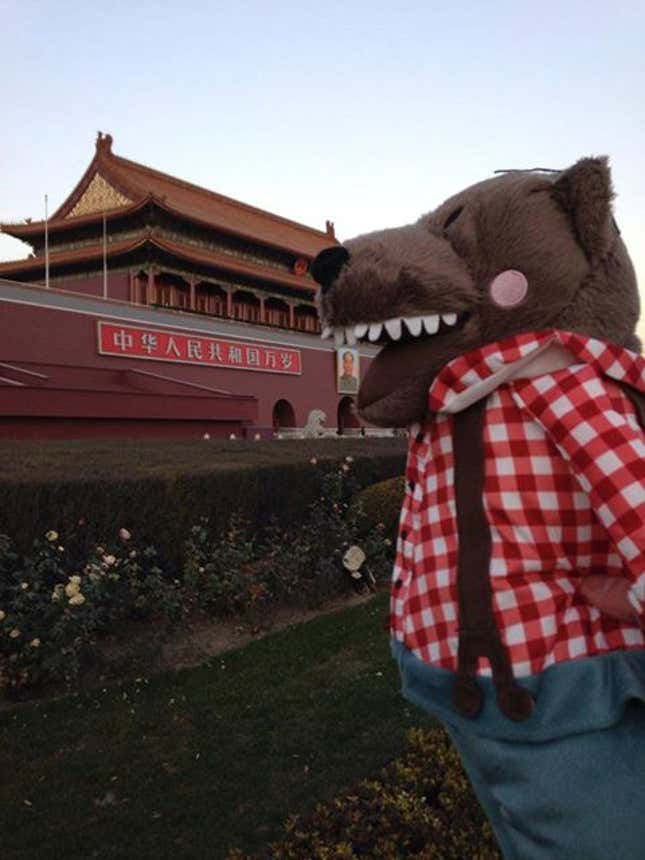
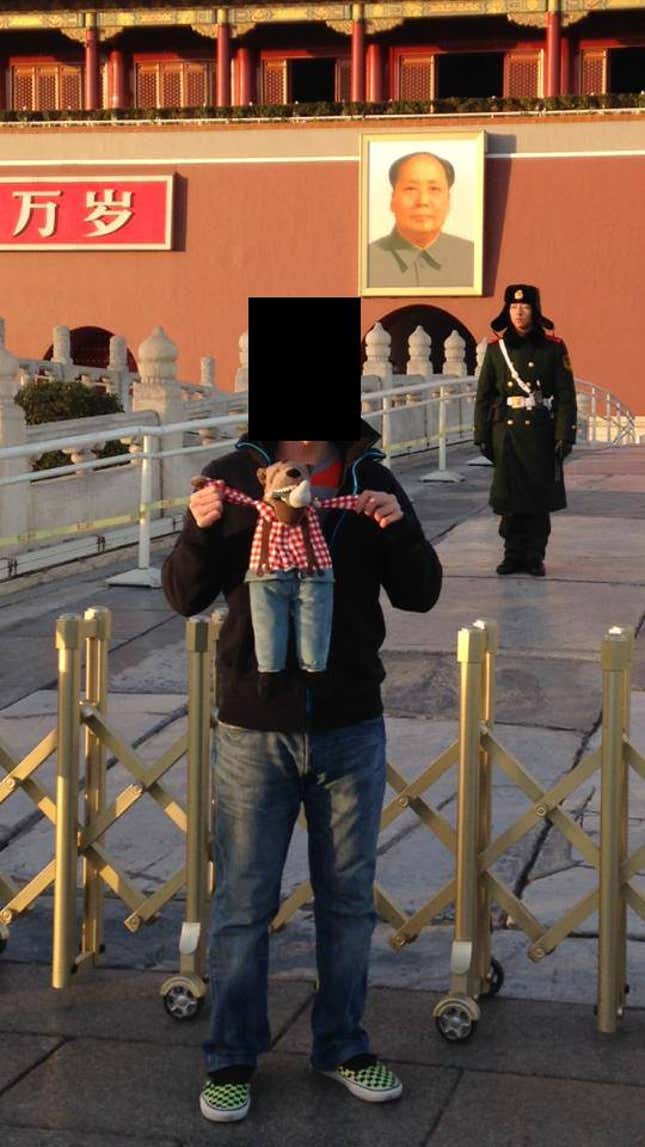
Gang Yang contributed additional reporting.